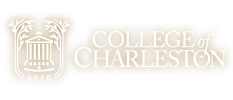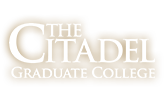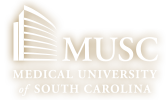The Lowcountry Graduate Center works collaboratively with leading South Carolina colleges and universities in the Lowcountry to provide tailored graduate programs and professional development courses. Our goal is to enable working professionals to grow their careers right here in the greater Charleston area.

Featured Journal Posts
Looking Ahead in Teacher Education
by Jessica Carter, PhD Accelerated Program Designed to Help Teachers Get Ahead The Lowcountry is just one area that has been affected nationally, facing a historically high rate of teacher…
Read More
Health Care: The Forever Career
by Barry Waldman Health Care: The Forever Career With a median annual salary of nearly $100,000 and demand expected to grow 21% through the rest of the decade, physical therapy…
Read More
Is Micro Credentialing the Future of Education?
by Barry Waldman Alexis Oni Eseleh graduated college with a bachelor’s degree from Georgetown in global health. But what was really opening the door to job opportunities was the Catalyst…
Read More
MUSC Helping Meet the Growing Need for Specialists in Gerontology
by Barry Waldman For the last 11 years and for the next seven going forward, almost 10,000 people are every day celebrating their 65th birthday. The tidal wave of Baby…
Read More
Is Your Data Safe? A Cybersecurity Expert’s Perspective
by Barry Waldman For decades, security meant locking the doors and windows of your home, maybe turning on an alarm system, keeping your banking information and credit cards away from…
Read More
The Future of Learning is Online. And It Isn’t
by Barry Waldman Emerging from Covid has left the pedagogical community, particularly at the college and graduate school level, in a new place. Students and faculty recognize that there is…
Read More
Upcoming Events
Get involved with us!

January 22 @ 4:00 pm
Supervisory Council Meeting
Topic: Supervisory Council Jan
Time: Jan 22, 2024 4:00PM
Join Zoom Meeting



